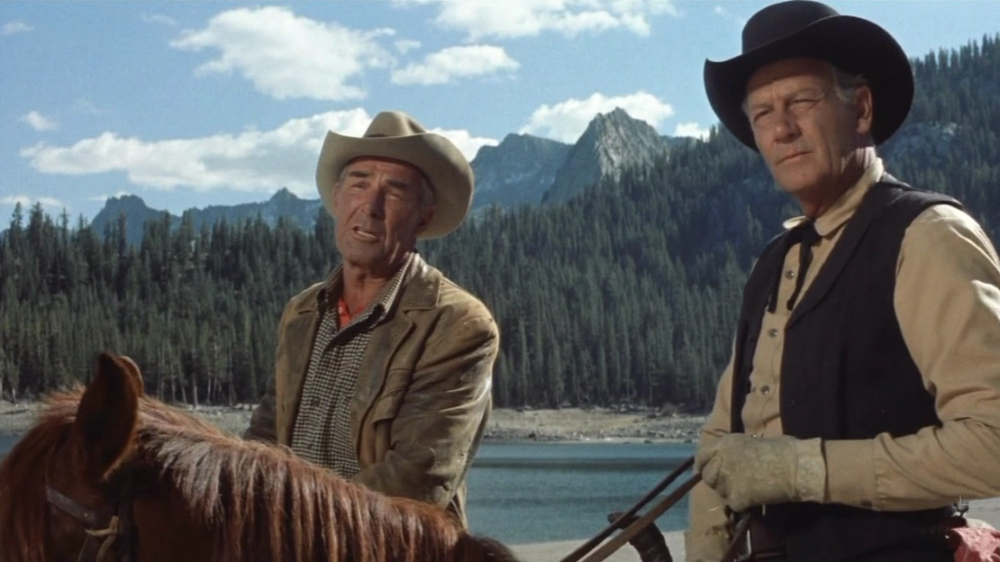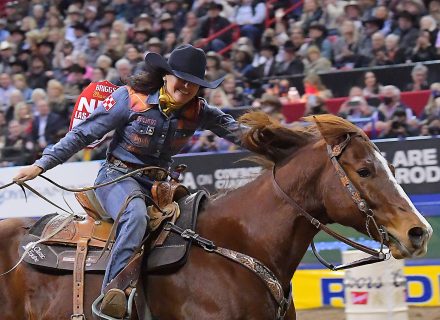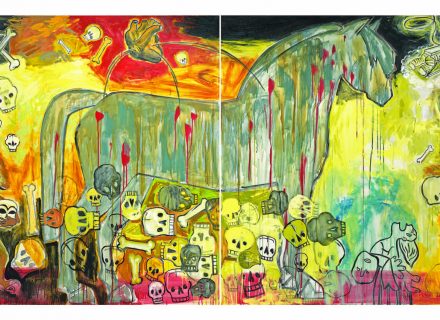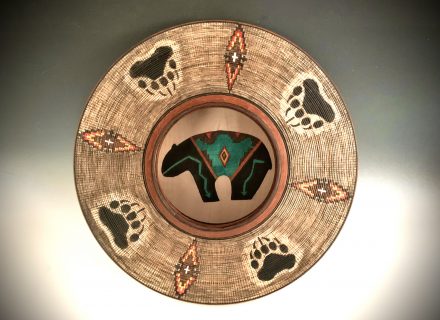The Wild Bunch, Ride the High Country, and more rank on the official list of our Sam Peckinpah favorites.
Most of the films and television shows that Sam Peckinpah directed concerned the West. His interest wasn’t just as a filmmaker looking for settings rife with drama and evocative landscapes. He was a westerner himself.
His family came to America from the Frisian Islands in Europe. Eventually they headed west by covered wagon in the mid-1800s. Peckinpah’s great-grandfather settled in Central California and worked in the logging business; the family would eventually run a lumber mill. His maternal grandfather Denver Church was a cattle rancher, judge, and congressman. Born in 1925 in Fresno, California, young Sam spent a lot of time on his grandfather’s ranch — where he cowboyed around, branding, shooting, and trapping — during a period when many of the ranch hands were descendants of the area’s 19th-century miners and ranchers and the rural area was changing rapidly. The Peckinpah and Church families were close to the Sierra Mono Indians living in the area, and a Native woman helped raise Peckinpah.
After a stint in the Marines, where he saw no combat but witnessed torture and violence while stationed in China, he made his way to college theater productions, eventually studying drama in graduate school at the University of Southern California. The film career that followed ranks among the most brilliant and controversial.
In addition to the 10 westerns below, Peckinpah also helmed Straw Dogs (1971), The Killer Elite (1975), Cross of Iron (1977), Convoy (1978), and The Osterman Weekend (1983). All of his westerns are available through streaming and on DVD or Blu-ray, with new editions popping up regularly. Reliable internet buzz has it that a major Peckinpah collection will be released in 2024. Stay tuned.
The Westerner (1960)
As a screenwriter and director, Peckinpah became a leading figure during the golden age of television westerns. He worked on Gunsmoke and Have Gun — Will Travel, among many other network TV shows. He also co-created The Rifleman. But his best TV work was in another show he created, the short-lived The Westerner, a series about an existentialistic loner (Brian Keith) who travels the West with his dog, Brown.
The Deadly Companions (1961)
Peckinpah typically dismissed his first feature film, The Deadly Companions, because he was hamstrung by the producer. But the young director was able to interject some signature flourishes here and there.
Ride the High Country (1962)
Starring Randolph Scott and Joel McCrea at the end of their careers, Ride the High Country was made for a dime and considered a throwaway by MGM. It wound up winning major international awards and is now widely considered to be among the best westerns ever made. It is essential viewing for fans of the genre as a picture that is at once a traditional western and also revisionist in scope. The Hammond Brothers are among the nastiest villains (Warren Oates, James Drury, L.Q. Jones, et al.) ever to appear in a movie.
Photography: courtesy of MGM
Major Dundee, the Extended Edition (1965)
Starring Charlton Heston, Major Dundee was to be a retelling of Moby Dick, only minus the whale and moved to the deserts of Mexico. Peckinpah expected an epic triumph. It was a spectacular failure, largely because of excessive studio interference, but also because of mistakes made by the young director, who was full of hubris following Ride the High Country. Despite its flaws, Dundee is worth viewing, especially the extended version released in 2005.
The Wild Bunch, the Original Director’s Cut (1969)
Peckinpah’s magnum opus — critics frequently rank The Wild Bunch alongside Ford’s The Searchers as the greatest westerns ever made. The Wild Bunch, however, is a more richly textured and nuanced film. Notorious for its depiction of violence when it was released, The Wild Bunch is actually a tragic tale of Shakespearean reach concerning a group of American outlaws who have outlived their time and wind up in the midst of the Mexican Revolution. In the end, these very bad men do the right thing. The script, by Peckinpah and Walon Green, has influenced three generations of screenwriters. Lucien Ballard’s cinematography rates with the best in film history; likewise, Jerry Fielding’s score. William Holden, in the lead, gives the performance of his career. The same is true for the other actors. An epic film set south of the border, The Wild Bunch has dozens of Mexican characters. Peckinpah cast only Hispanic actors and actresses — including the legendary Emilio “El Indio” Fernández — to fill those parts, likely a first for a major Hollywood production.
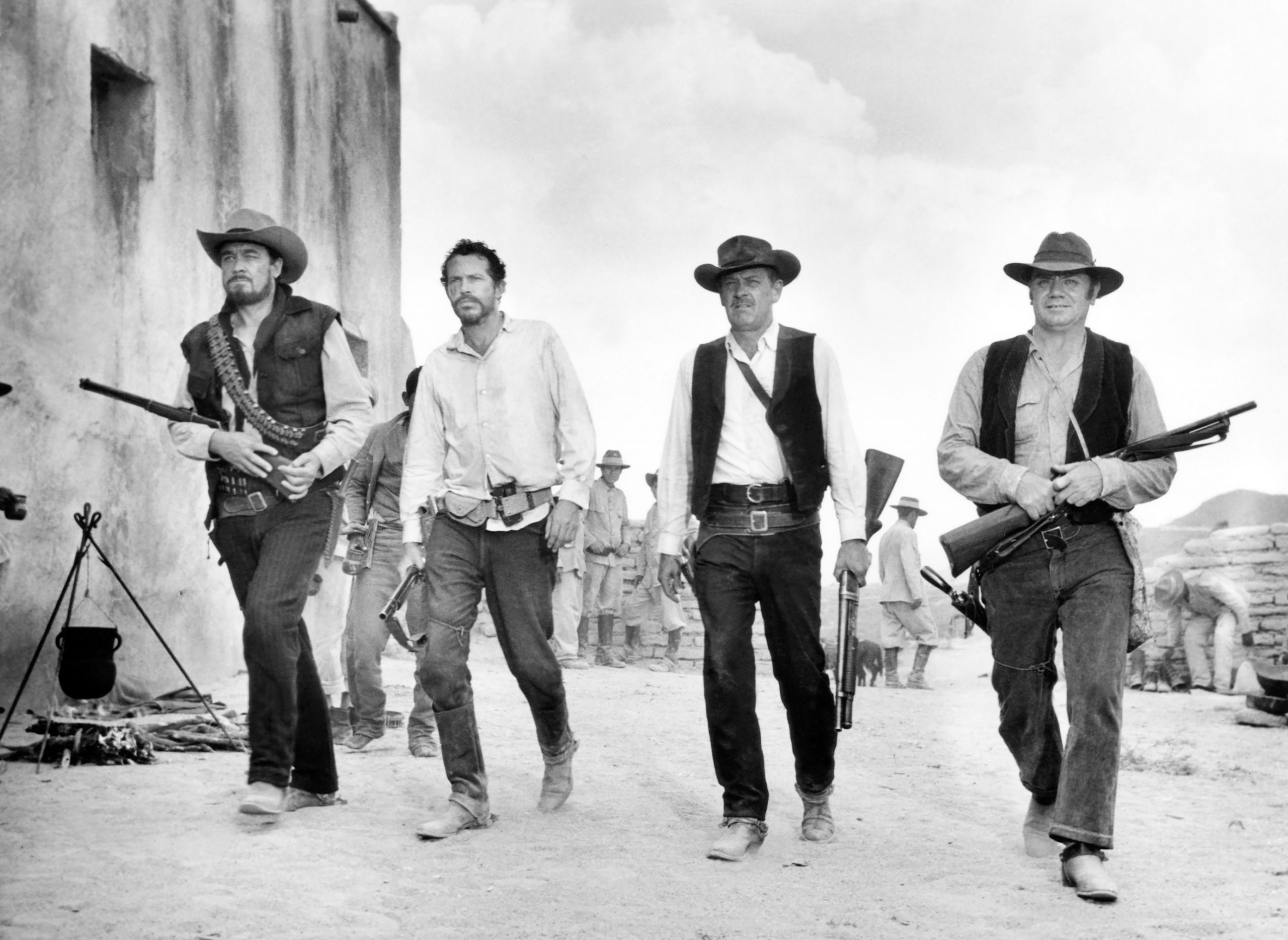 The Wild Bunch, from left: Ben Johnson, Warren Oates, William Holden, Ernest Borgnine, 1969.
The Wild Bunch, from left: Ben Johnson, Warren Oates, William Holden, Ernest Borgnine, 1969.
The Ballad of Cable Hogue (1970)
Peckinpah often said this was his favorite among his films. The comedic and nonviolent story of a desert rat (Jason Robards) who finds water (and love) “where it wasn’t,” it was a box office flop, though it now has a considerable cult following.
Junior Bonner (1972)
Many film scholars and critics consider Junior Bonner to be the best rodeo movie. It features Steve McQueen in a role drawn from the life of rodeo legend Freckles Brown, who at age 46 rode “the unrideable bull,” Tornado, at the 1967 National Finals Rodeo. McQueen’s acting skills are at their peak in this family drama, filmed in part as cinéma vérité in Arizona during Prescott Frontier Days rodeo. Look for superb performances by Ida Lupino and Robert Preston as Junior’s parents.
The Getaway (1972)
An actioner starring Steve McQueen and Ali MacGraw set in Texas during the early 1970s, The Getaway abounds with traditional western tropes. The chief bad guy is played by the ultimate cowboy actor, Ben Johnson, whose gang all wear Western attire. The film’s climax is a shootout in El Paso. McQueen’s and MacGraw’s characters make a successful escape to Mexico, with the help of a desert rat played by Slim Pickens.
Pat Garrett & Billy the Kid (1973)
With James Coburn and Kris Kristofferson, respectively, in the title roles, and with Bob Dylan acting in his first scripted movie, Pat Garrett & Billy the Kid mostly confused audiences and left critics yawning when it first hit theaters in a badly edited release from MGM. But at least two so-called director’s cuts of Peckinpah’s managed to escape the Culver City lot. One of these eventually turned up on Turner Classic Movies, and it took on a new life as a significant American motion picture. Billy Bob Thornton said he prefers it to The Wild Bunch. A third version involved sympathetic editors who worked with Peckinpah on the film before MGM took the picture away from the director and ordered it sliced and diced by company hacks. All versions include the classic death scene featuring Slim Pickens and the great Katy Jurado as the Dylan dirge “Knockin’ on Heaven’s Door,” which he wrote for the movie, is heard in the background.
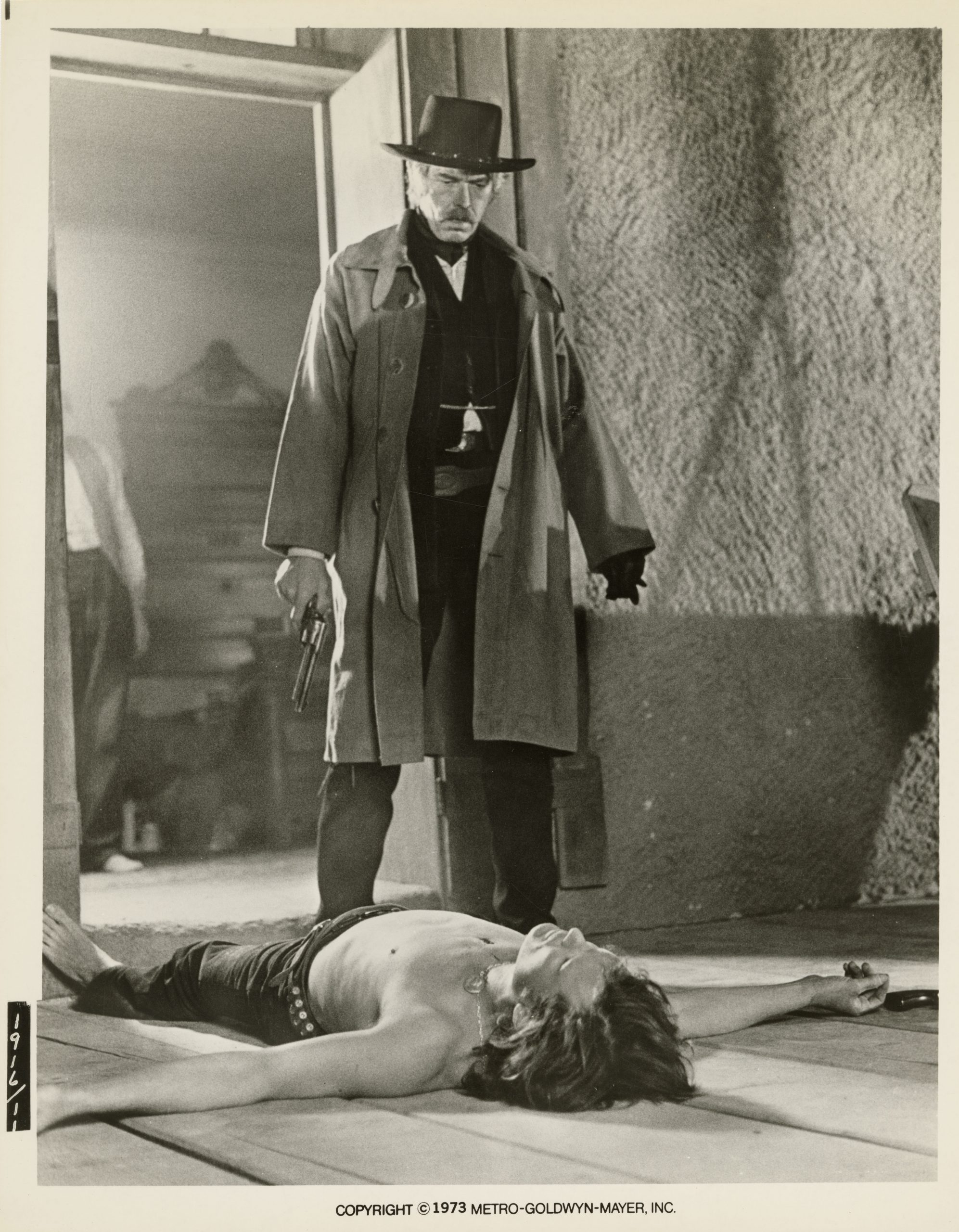 Patt Garrett and Billy the Kid, 1973 Metro-Goldwyn-Mayer Digital Reproduction of Film of Film Still Glenn D. Shirley Western Americana Collection, Dickinson Research Center, RC2006.067.2.02492.
Patt Garrett and Billy the Kid, 1973 Metro-Goldwyn-Mayer Digital Reproduction of Film of Film Still Glenn D. Shirley Western Americana Collection, Dickinson Research Center, RC2006.067.2.02492.
Bring Me the Head of Alfredo Garcia (1974)
Scorned by critics at the time of its release — its title is still often ridiculed — Bring Me the Head of Alfredo Garcia has gained a reputation as an unsettling, dark masterwork. Often branded as nihilistic, the film is actually a kind of love story that deals with themes of honor, revenge, courage, and commitment. Warren Oates shines in one of his rare leading-man roles. But Isela Vega steals the show with an Oscar worthy performance.
Search the Sam Peckinpah Collection and hear the story of its creation.
This article appears in our January 2024 issue.







